My brother-in-law’s dog Joshua got up on the sofa to help me check in for our flights, but it turned out he wasn’t really too interested in Delta Airlines. He was more keen to chat to these girls.
Suspicion ’bout fishin’
I have a theory. A hypothesis, if you will. It’s still in embryonic form, but I think it could have considerable impact, because it relates to a global conspiracy to create a mass delusion affecting hundreds of thousands of people worldwide.
I am referring, of course, to fishing.
It’s a subject on which I am far from an expert, having only held a fishing rod in my hands twice in my life. Naturally, therefore, I didn’t catch anything on either occasion. But what was more surprising was that on both occasions I was accompanied by somebody much more experienced – in the first case, a Norwegian, in the second, an American. We were in good locations with lots of fish. And yet, after a day of staring at small things bobbing on the water, they hadn’t caught anything either.
Not a large statistical sample, I grant you, but it made me start to wonder. And I realised that throughout my life I have been walking on the banks of rivers, or sailing or paddling on lakes, and have seen vast numbers of fisherman sitting looking dejectedly at their lines, but never have I seen anybody actually catch a fish! Doesn’t that seem a bit strange, in forty-six years? Yes, you hear stories of people who claim to have caught them, and accounts from others of the ones they almost caught, but I feel that solid evidence is somewhat lacking. I’ve never seen it with my own eyes.
Except once.
I was in Nottingham, walking my dog along the river, and there was the usual collection of figures squatting by the water. Perched there, you might say. And then, suddenly, one of them jumped up with a cry, and started reeling in what turned out to be a reasonably sizeable aquatic beast. But it was the reaction of all his co-hobbyists that was impressive – they all crowded around with such excitement that I was persuaded that they, too, viewed this as something of a miracle.
Now, I do know that there are fish in the sea, and I have eaten quite a few of them, so somebody must catch them. These trawlers seem rather good at it. And I have even caught fish myself, using the rather trivial technique of stretching a net halfway across a quiet fjord one night and pulling it in again the following morning. That’s not what I’m talking about here. No, I mean the process of leaving your wife and family, gathering large amounts of expensive equipment, and sitting for hours beside, or on, a river, looking at a gently bobbing thing, when you could be enjoying the view, going for a nice walk, or, if you like sitting by the river, reading a book. This is clearly not something that rational people would do unless they had been seduced into it by the promise of some great reward.
It’s a bit like making pilgrimages to Lourdes, or buying lottery tickets. These also sustain major industries on the basis of future rewards almost never actually experienced by the participants, so you need to make sure that, when the rare miracle occurs, it is well-publicised. Hence those pictures of Hemingway next to an enormous marlin, or the stuffed pike over the rural hotel mantelpiece. They say, “Look! It can happen! Someone caught one once! This could happen to you too!”
And so I rather suspect that the chap I saw in Nottingham was a plant by one of the local manufacturers or vendors of outdoor equipment. He probably kept this fish in a tank and, once the gig was done, would move elsewhere on the river, slip it back on the hook, and chuck it in again. That seems the most plausible to me.
Think about it, dear reader. You know it makes sense. The conspiracy is now exposed. And fortunately, you and I have not swallowed the bait…
Don’t fence me in…
Beauty and the beasts
Born and raised in south Detroit
A couple more pictures from the industrial periphery of Motown.
Just a city boy, born and raised in south Detroit
He took the midnight train goin’ anywhere…
By the time you read this, in contrast, we’ll have taken the dawn train going to Montana, from where I’ll probably post some rather different photos!
White Balance
I was quite pleased with this shot, taken by the Marathon Petroleum plant in Dearborn, Michigan last night.
(You can click it for a larger version, which looks much better)
This was handheld – I wish I’d had a tripod, but at this point the security guards pulled up and asked us to move on…
Part of what makes it ‘pretty’ is the use of two different types of lighting – given the industrial location, I imagine the golden light is sodium and the silver is halogen – and the camera’s auto white-balance did a good job of reproducing what I saw.
But when I got home and loaded it into Lightroom, I thought it would be fun to try calibrating the white balance based on a chimney lit by the sodium light. (I could have achieved a similar effect by selecting tungsten white balance in the camera.) The result was also pretty. Can’t quite decide which I prefer…
Inquisitive companions
9 to 5
A couple of nice quotes from this talk by Nicolas Lara on how his company, Lincoln Loop, works (and thrives) despite being small, globally-distributed, and with employees working from home.
This one, I think, is particularly true:
It’s hard to do a really good job on anything you don’t think about in the shower.
– Paul Graham
and, on maintaining a healthy work-life balance:
Every one of us has learned how to send emails on Sunday night. But how many of us know how to go to a movie at 2pm on Mondays? You’ve unbalanced your life without balancing it with something else.
-Ricardo Semler
It’s an interesting talk. I remember a Lullabot podcast from about 18 months ago about how they managed a rather larger but similarly-distributed organisation. Lincoln Loop, though, is not just a distributed company with flexible working hours – it’s one where the finances are open, and where employees, based on their knowledge of how the company is doing, get to choose their own salaries. An interesting concept to ponder.
Or you could always ask Dolly about the more traditional model…
Wiki lacks?
Quote:
The only example of a wiki that worked is Wikipedia, and that’s not really a wiki in the true sense, because it is heavily edited by such a small number of people.
That’s Russell Keith-Magee, speaking on a podcast (so I may not have quoted him exactly). He was talking particularly in the context of software documentation, but I think, on consideration, that he’s right.
Don’t get me wrong, I love wikis, use them quite a bit, and shook Ward Cunningham‘s hand very enthusiastically when I met him a few years ago. But on the other hand, if one has been spoiled by the quality of documentation in projects such as Django, it makes one’s heart sink when exploring a new piece of software to discover that the documentation is ‘only a wiki’.
Wikis are great for their free-form, collaborative nature – remember, they came into existence long before Google docs and SubEthaEdit – but they also suffer from a few key problems:
- They can make you feel as if you’ve done something about documentation, so you don’t do the real work. “The crowd will fix it later”.
- The fact that you don’t need to think about the structure early on means they often need to be reorganised – making it hard for others to find things even if they’ve visited before, and harder to link to things reliably.
- It’s notoriously difficult to move content from a wiki into anything else, including another wiki package.
- It can be hard, with a software package, to know to which version the documentation applies.
- As with mind-maps, the free-form nature closely represents the mental model of the author. It’s good for personal notes and reference (Voodoopad is lovely, for example), but the difference between structured documentation and a wiki is the difference between a talk/lecture and a rambling conversation. The letter may be more fun, but does it achieve as much in the same amount of time?
None of this means, of course, that you can’t write good documentation with a wiki. It’s just very rarely done, and when it is done, it probably takes a lot of effort. Wikis are the whiteboard doodle, the back-of-the-envelope scribble: they can be useful within a small internal group of collaborators, but they’re not the thing you want to present to the world.
Actually, I think one of the best ways of doing documentation was the approach adopted by the PHP developers many, many years ago – you write proper docs but allow comments at the bottom of each page. Here’s an example. They did this long before the concept of comments-at-the-bottom-of-the-page was well established.
What do you think?
Morning, Constable
A Good Name
Quentin’s Law of Photography
The second-best camera is the one you have with you.
The best is the one you have in your hand.
© Copyright Quentin Stafford-Fraser

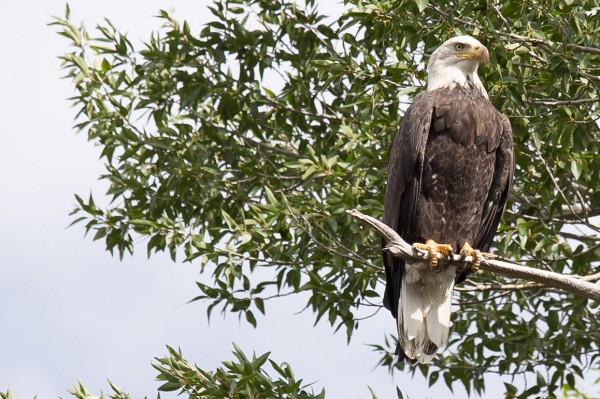


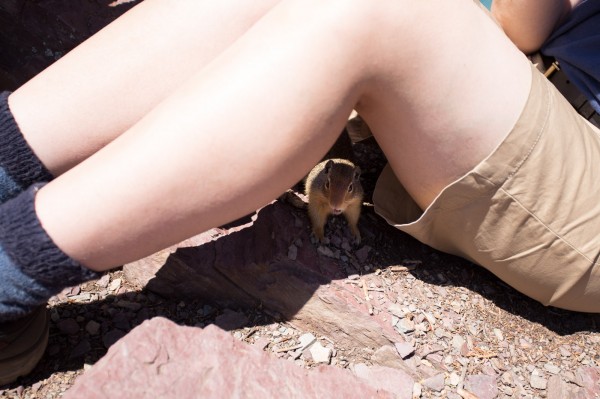


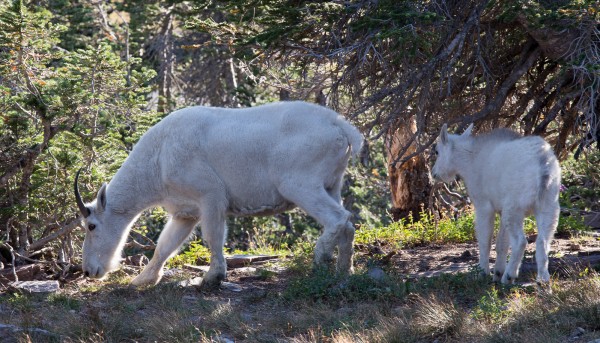

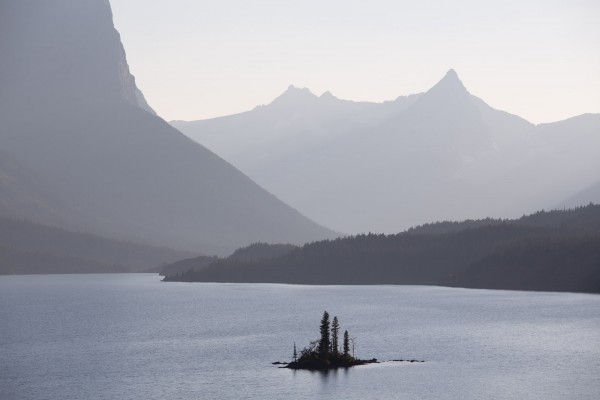

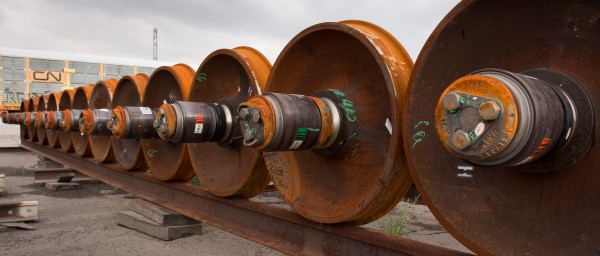
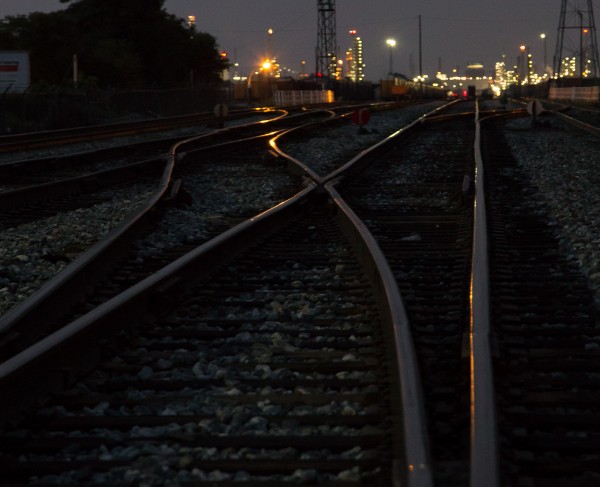


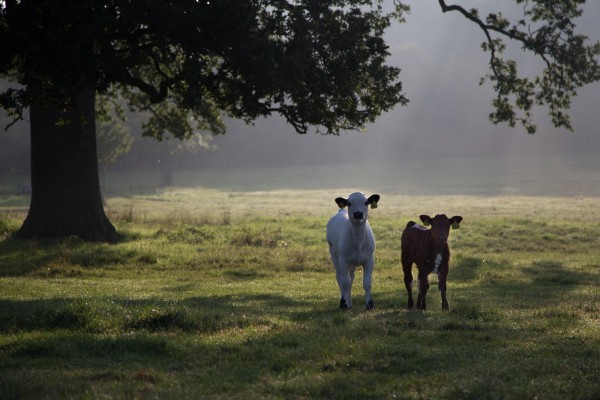
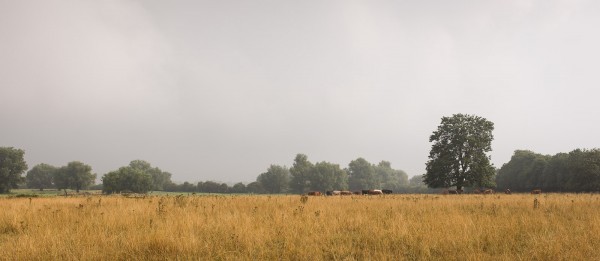
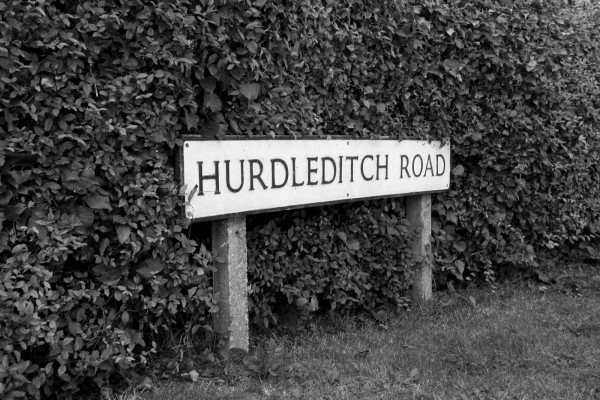
Recent Comments